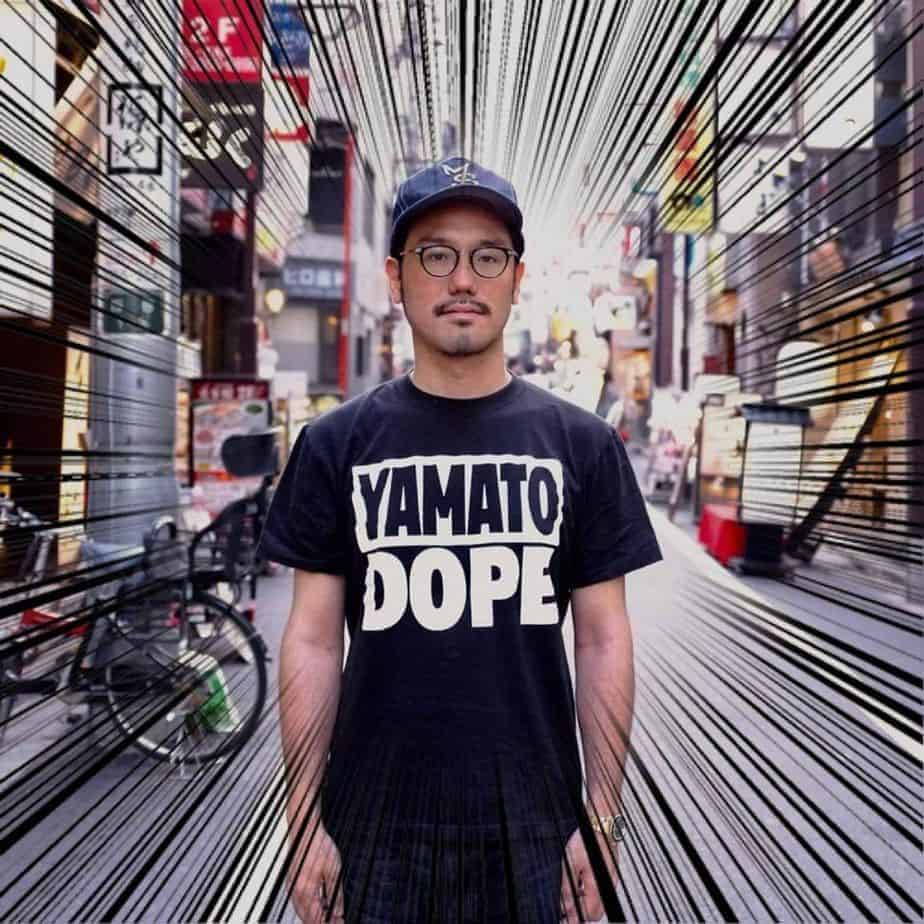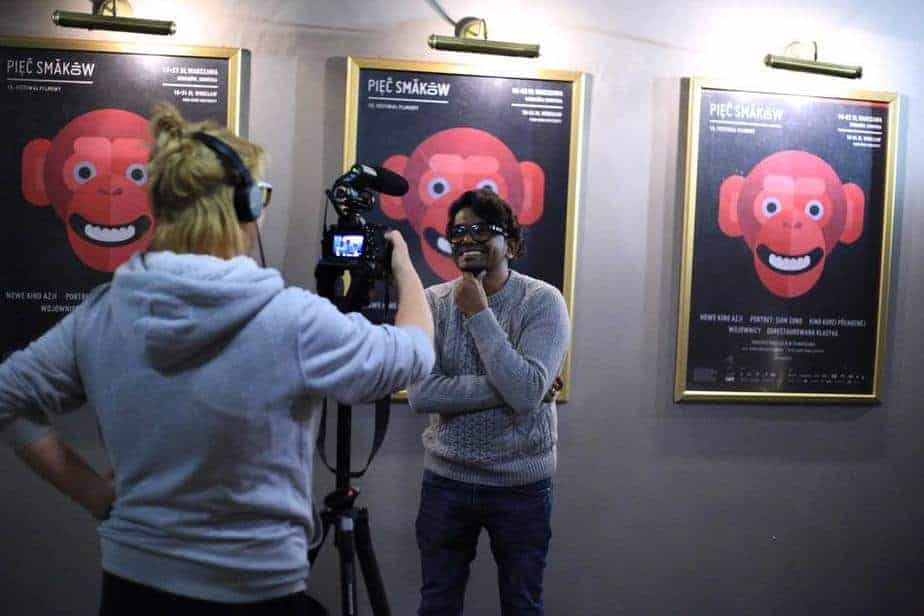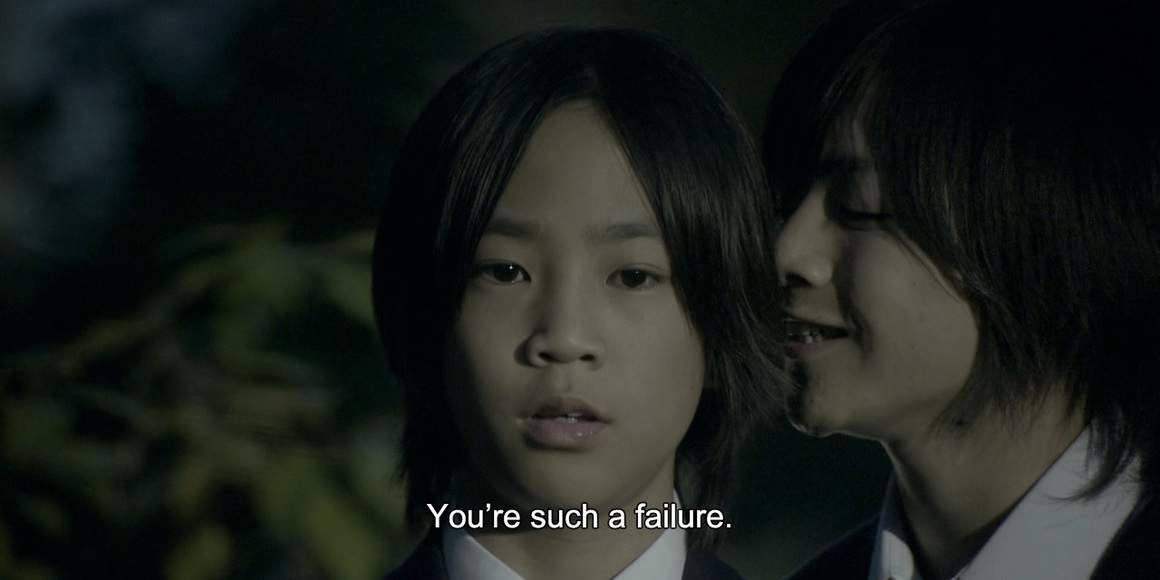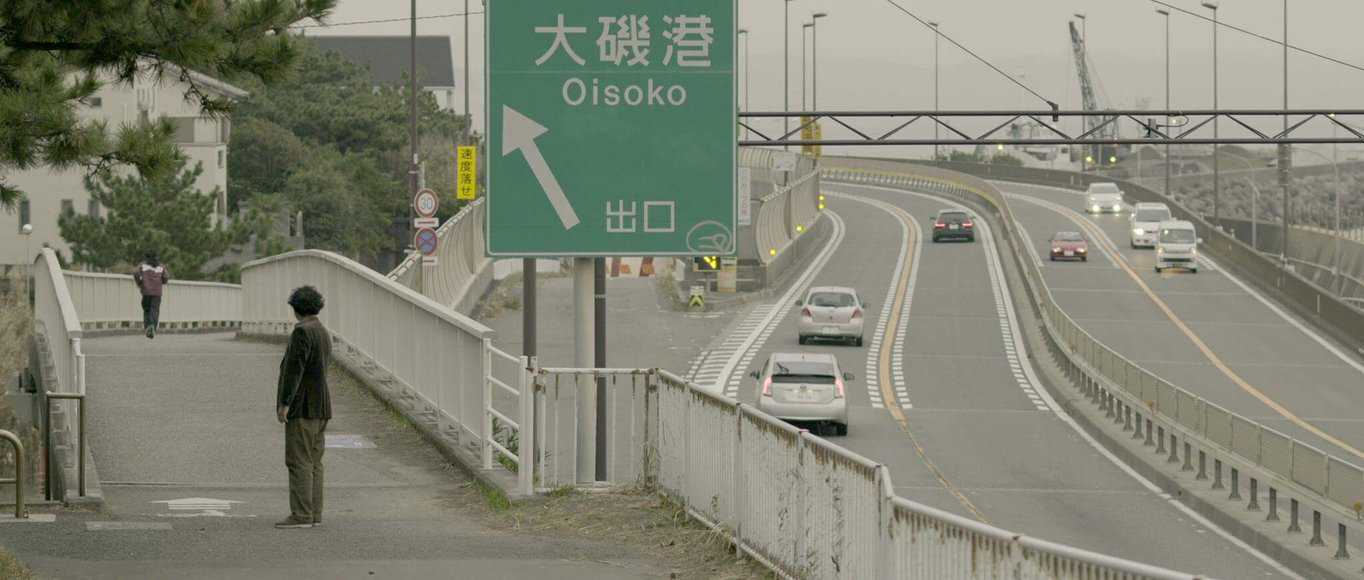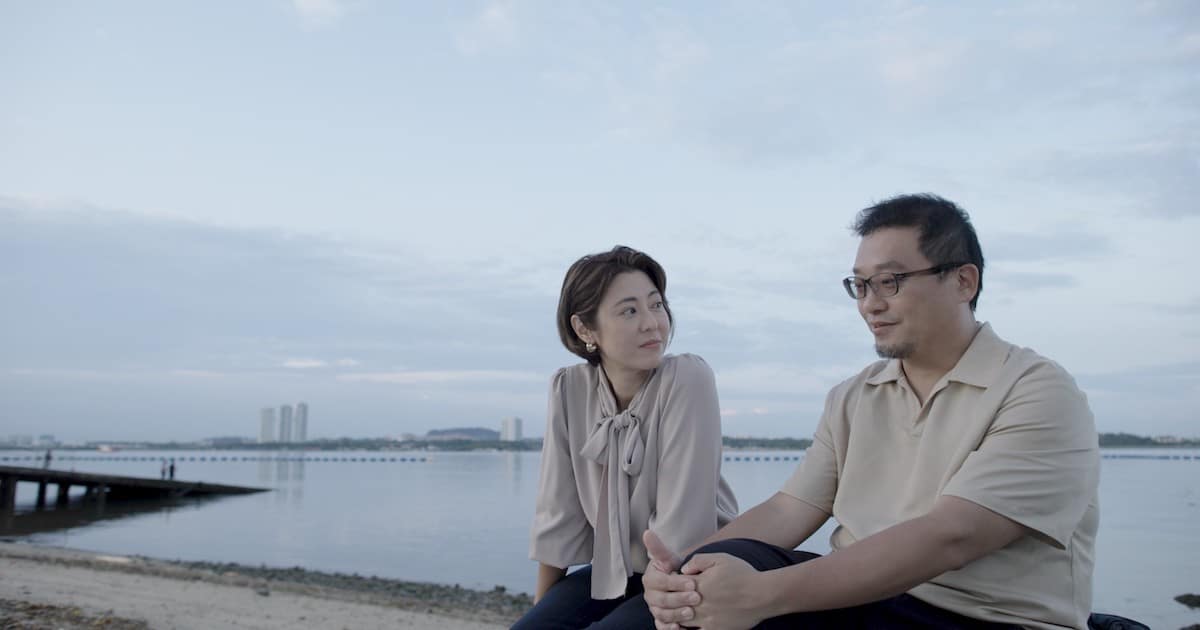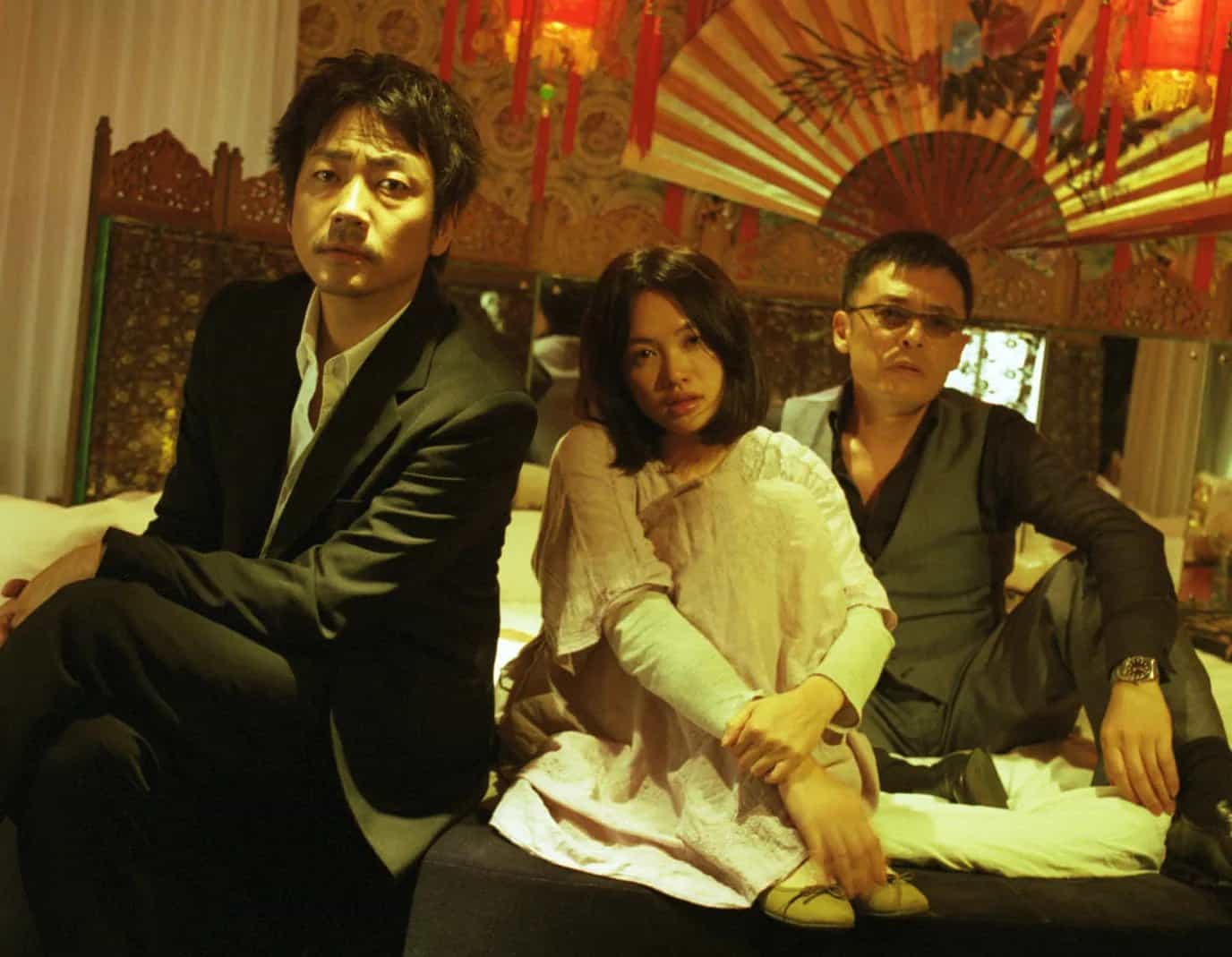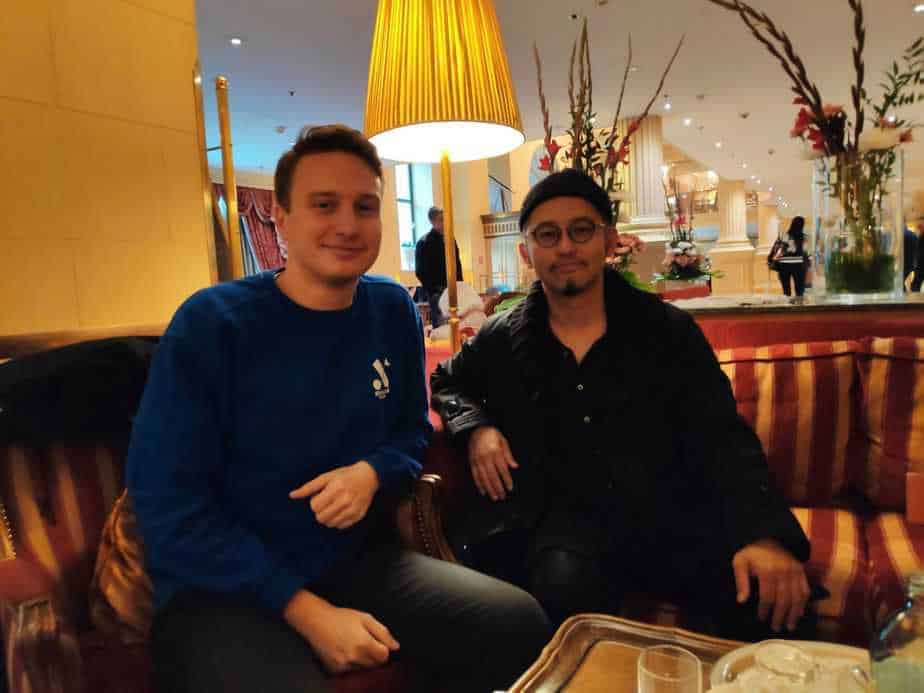Daisuke Miyazaki was born in 1980 in Yokohama. After graduating from Waseda University, he participated in the summer school of New York University which took place in Japan. His thesis “The 10th Room” won the Grand-Prix there. After working under directors such as Leos Carax and Kiyoshi Kurosawa, he made his first feature film, “End of the Night” in 2011. This film was selected for numerous international film festivals and won the Special Mention Prize at the TORONTO SHINSEDAI CINEMA FESTIVAL. After being selected as the “7 Japanese Independent Film Directors You Must Check Out” by Raindance Film Festival in 2013, Miyazaki was selected for the Berlinale Talents. His film “5TO9” which he produced and directed the Japanese segment with the Berlinale Talents colleagues, world premiered at Taipei Golden Horse Film Festival in 2015. His 2nd feature film “Yamato (California)” was screened at more than 15 international film festivals and got raved by internationally known media such as New York Times and Variety, Hollywood Reporter. In 2017, he held his first modern art exhibition “Specters and Tourists” at the ArtScience Museum of Singapore produced by Singapore International Film Festival. “Videophobia” is his latest film.
On the occasion of “Videophobia” screening at Osaka Asian Film Festival, we speak with him about shooting a film in Osaka, sex, identity, the internet, and many other topics.

Why did you choose to place the story in Osaka? In what way do you feel that Osaka differs from other big cities in Japan, like Tokyo, for example? What were the benefits and what the difficulties of shooting a film there?
I lived in Osaka for a while when I was a child and wanted to film the city someday. It is the second largest city in the country but somehow it is hardly filmed. Osaka has many old areas and the old, conservative society as well. Those pre-modern factors which are different from the typical modern image of Japan were interesting for me.
Compared to Tokyo, filming was very easy in Osaka. It is mostly because of the location. There are many Yakuza and noisy territorial people in Tokyo but in Osaka, I never had such a problem. The only problem is the lack of film crew. Most of the film makers live in Tokyo, so I had to bring some crew.
Can you give us some details regarding the title in connection with the narrative?
Usually I think of the title after I finish the script but this time, the title came first. I simply thought it's a cool title. As you can easily tell, the title is from David Cronenberg's “Videodrome”. VIDEO in “VIDEOPHOBIA” means someone's gaze, look. Seeing, looking exists in the fundamental of most of human's existence and violence at the same time. Film is an art of looking and watching at the same time. I wanted to challenge that border. “I am afraid of being seen by someone but I cannot exist without being seen” that is the meaning of the title “VIDEOPHOBIA”.
How did the concept of the man recording Ai and then uploading it on the internet came to you? Do you think that sex (particularly one-night-stands) is something that happens frequently in Japan? Because most movies seem to suggest otherwise.
I was always thinking what happens to all the videos, photos after we die. It might just flow in the digital online world like a ghost. And the idea of a “digital curse” that never goes away came up to me. I thought it would be interesting if I show this idea using the violence of filming and watching as I mentioned above.
I think one-night-stands can happen in Japan as same as anywhere in the world. As always, there is a gap between the international image and our reality.

Ai is terrified from what happens to her but at the same time, she puts herself on the internet for other people to see, as in the introductory scene. Why did you choose to portray her like that?
Because, she is a normal girl using the internet. In the modern world, everyone uses the internet unintentionally and uploads, downloads much information everyday. When they become the victim of whatever crimes online, they finally become aware of what they are spreading and importing everyday through their tiny devices.
In general, do you feel that the Japanese society is conservative? And what do you think is the general response to foreigners, even second generation ones, like the protagonist?
Yes, it is super conservative. Especially Osaka. The relationship with the Korean, Chinese people is still a big issue in Japan. The response toward foreigners is getting better these days but when people get emotional about social topics, they still seem to blame it on the minorities, which I think is an international tendency.
Your approach to the various events, and particularly the violent ones, is to imply them than to depict them. Why did you choose this approach?
I admit I tried to show things mild with humor in the past but the world is changing drastically and falling apart. So, I thought it is time to depict something that agitates people. If you can't stand this world, you have to change yourself. If you can't change yourself, you have to change the world.
The film also deals with the concept of identity. What are your thoughts on the subject? Are the acting classes in the film connected with this concept? Do you identify with the teacher?
I think I've been doing this subject all the time. In “Yamato (California)” it was quite obvious. I believe that people's identity is framed by their environment and capitalism. Men, heterosexual, Japanese don't show anything of the real me. I think we have to keep our frame, outline flexible and keep on changing our identity every moment.
Of course, the acting class scene is related to this concept. Everyone tried to tell you who you are but you are the only one who can determine who you are.
No, I don't identify at all. The character is like a joke of those people who try to frame you.
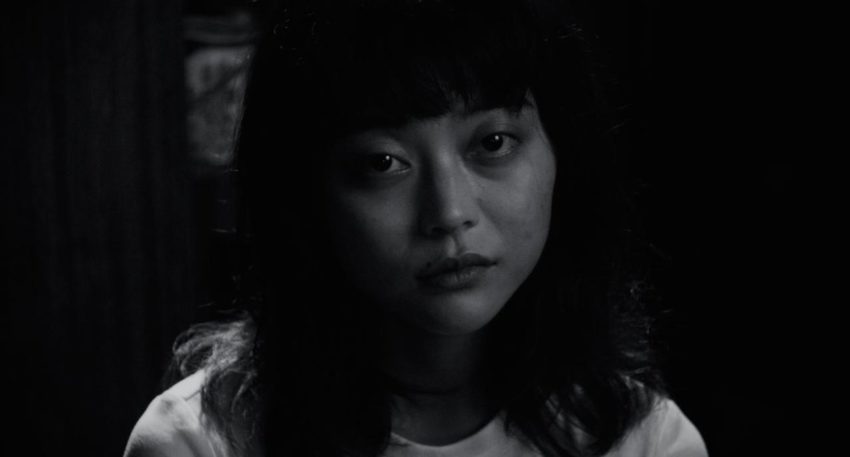
Tomona Hirota's part is quite difficult. How did you guide her for the part? Were the sex scenes difficult for her?
I told her to just exist there. I wanted her to be like a mirror, observer of the situation, modern Japan.
I don't think so. The shooting went smooth. The only problem was that I got lightheaded during the scene.
What was your approach regarding the cinematography in the film and why did you choose to have it on black and white?
Osaka is often imaged as a colorful shiny city. First of all, I wanted to change that image and show the new side of Osaka. Second of all, I thought the recent world is divided into black and white, 0 or 1 digital, without a gray. To show the richness of gray was the idea.
I told my DOP to compose the film using close-ups and long shots without a middle size shot to show the post modern world that lacks in the middle section. Good or bad, rich or poor is our modern world, isn't it? The framing idea came from a Safdi brother's film.
Are you working on anything new?
I'm working on several experimental short films and a documentary about a graffiti writer. I hope I can feedback all these experience to a drama feature film soon.


